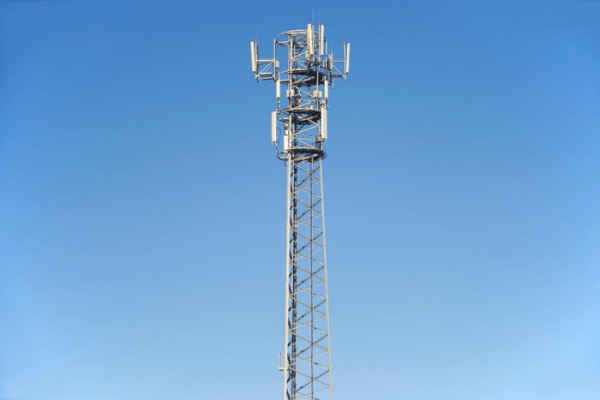The concept of smart cities is founded on sophisticated cellular networks that would not only connect humans in the future but also humans to other smart devices. However, this would also require huge energy consumption. In the wake of climate change, this can make matters worse for our environment by increasing the greenhouse gas emissions. Thus, we not only need smart cities but also greener smart cities.
One way to address this issue is by switching off base stations (BSs), radio transmitters/receivers that serve as the hub of the local wireless network, when they have little to no traffic load. Laboratory testing has shown that active BSs consume as much as 60% of the maximum energy consumption even under no traffic load and switching them off can bring it down to 40%. However, there is a trade-off: putting BSs to sleep makes their traffic logs unavailable, which also reduces the accuracy of traffic prediction. Is there a way to avoid this compromise between accuracy and sustainability?
The answer, according to a new study, seems to be “yes.” The study, led by Professor Ryoichi Shinkuma from Shibaura Institute of Technology (SIT), Japan, and his colleagues, Associate Professor Kaoru Ota from Muroran Institute of Technology, Japan and Associate Professor Takehiro Sato from Kyoto University, Japan, proposed a novel scheme that not only reduced energy consumption but demonstrated a higher traffic prediction accuracy compared to the benchmark schemes! This paper was published in Volume 35, Issue 6 of the journal IEEE Network Magazine on November/December 2021.
Read more at Shibaura Institute of Technology
Image: Base stations (BSs) are the hubs for local cellular networks. Recently, researchers from Japan have proposed a novel scheme based on machine learning to reduce energy consumption in BSs while maintaining high traffic prediction accuracy. (Credit: PhotoMIX)


